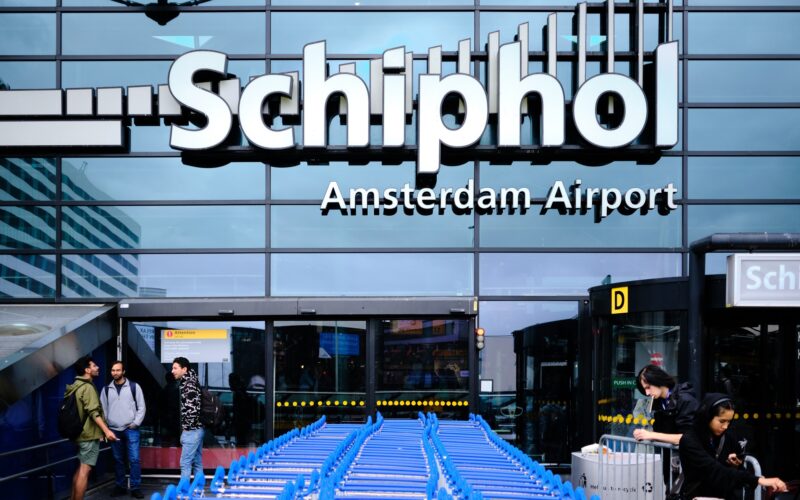The International Air Transport Association (IATA) is taking legal action against the Dutch government over planned capacity limits at Amsterdam Schiphol Airport (AMS), stating that the decision violates European Union (EU) law.
According to the IATA, AMS is already restricted to 500,000 annual flight movements, and now the Dutch government plans to reduce that number to 460,000 starting from November 2023. However, the association and the airline community believe that this decision “contravenes EU Regulation 598/2014 on noise-related operating restrictions at EU airports” while also violating the International Civil Aviation Organization’s (ICAO) Chicago Convention, “a binding international agreement to which the Netherlands is a signatory”.
The association cited Annex 16 of the Convention, which contains provisions for The Balanced Approach to Aircraft Noise Management. In combination, the EU regulation and Annex 16 requires that before making any decisions to reduce noise at an airport, affected parties must be consulted with, the needs and concerns of local residents, the environment, and the local economy need to be balanced for aviation’s economic and social benefits, and, lastly, flight reductions should only be enforced as a last resort.
The IATA argues that because the government did not consult with affected parties, is imposing flight restrictions as a “first resort” and failed to address the restoration of the economic damage that was done to aviation by the pandemic, the decision failed to meet the requirements, as stated by the two regulations.
“The Netherlands is handicapping its economy by destroying connectivity. And it is doing it in contravention of EU law and its international obligations,” commented Willie Walsh, the Director General of IATA. Walsh noted that the Dutch government “has even refused to engage in meaningful consultations and made flight reductions the goal, rather than working with industry to meet noise and emissions reduction goals while restoring employment and revitalizing the post-pandemic economy”. As such, this is a “dangerous precedent” that left the IATA with no choice but challenge the decision in court.
In February 2023, Royal Schiphol Group, the operator of several airports in the Netherlands, including AMS, argued that the flight cap was “a necessary intermediate step”. The company argued in a press release that while AMS connects the Netherlands to the world, “we realise that aviation also affects air quality, noise pollution and the climate.”
“Schiphol therefore believes that a new Airport Traffic Decree containing hard environmental limits should be initiated as soon as possible,” the press release continued, adding that “there should also be room for reward within these limits, when aviation proves to be quieter and cleaner.”

